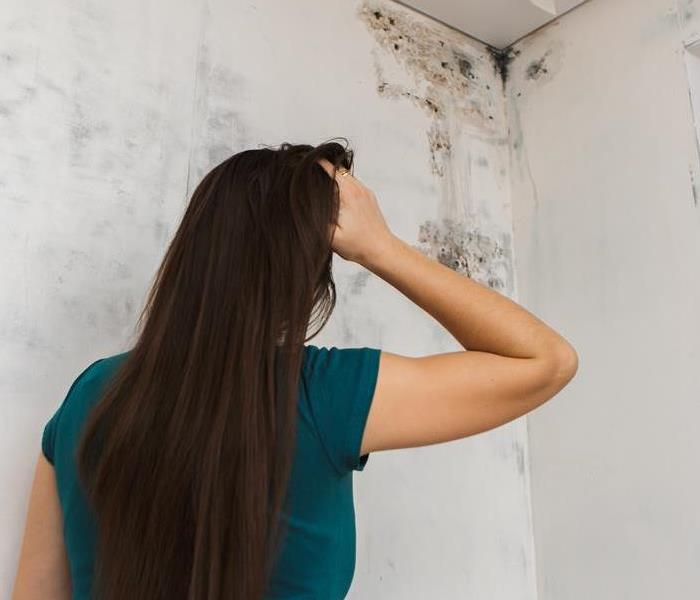Dealing with Mold in Your Apartment: A Tenant's Guide to Taking Action and Protecting Your Health
5/23/2023 (Permalink)
Living in an apartment can be a convenient and comfortable choice for many people. However, one common issue that can arise in apartments, especially in damp or poorly ventilated areas, is the presence of mold. Mold is a type of fungus that can grow on various surfaces and can pose health risks if not addressed promptly. If you find mold in your apartment, it's essential to take action to prevent its spread. In this blog, we'll explore what you should do if you find mold in your apartment and provide some practical steps to address the issue.
Identify the type and extent of the mold
Mold can come in various colors and textures, and not all molds are the same. If you notice mold in your apartment, try to determine the type and extent of the mold growth. If the mold covers a small area, less than 10 square feet, and it's a relatively simple surface, such as tile or glass, you may be able to address it yourself. However, if the mold covers a larger area, is in hard-to-reach places, or if you suspect it may be toxic mold, it's best to seek professional help.
Notify your landlord or property manager
As soon as you notice mold in your apartment, it's crucial to inform your landlord or property manager immediately. They have a responsibility to provide a safe and habitable living environment for their tenants, and mold growth can be a violation of that responsibility. Contact them in writing and provide details about the location, extent, and type of mold you have discovered. Keep a copy of your communication for your records.
Take steps to prevent further mold growth
While you wait for your landlord or property manager to take action, there are some steps you can take to prevent further mold growth. Mold thrives in damp environments, so it's important to control moisture in your apartment. Use dehumidifiers, fix any leaks or water intrusions, and ensure proper ventilation in areas such as bathrooms and kitchens. Avoid carpeting in areas prone to moisture, such as basements or bathrooms, as they can promote mold growth. Keep your apartment clean and dry, and avoid leaving damp or wet items lying around.
Follow proper mold remediation techniques
If you're addressing a small area of mold growth on your own, it's essential to follow proper mold remediation techniques. This includes using appropriate cleaning solutions specifically designed for mold removal, such as a mixture of water and detergent, vinegar, or hydrogen peroxide. Avoid using bleach, as it can be toxic and may not be effective in killing mold on porous surfaces. Remove and dispose of any moldy materials, such as carpets, drywall, or furniture, that cannot be properly cleaned. Thoroughly dry the area after cleaning to prevent further mold growth.
In conclusion, finding mold in your apartment can be concerning, but it's essential to take action promptly and follow appropriate steps to address the issue. Notify your landlord or property manager, take measures to prevent further mold growth, protect yourself and others, follow proper mold remediation techniques, and understand your rights as a tenant. Dealing with mold can be challenging, but with the right approach and proper assistance, you can ensure a safe and healthy living environment in your apartment.



 24/7 Emergency Service
24/7 Emergency Service
